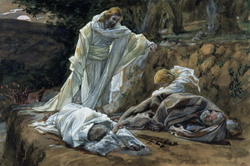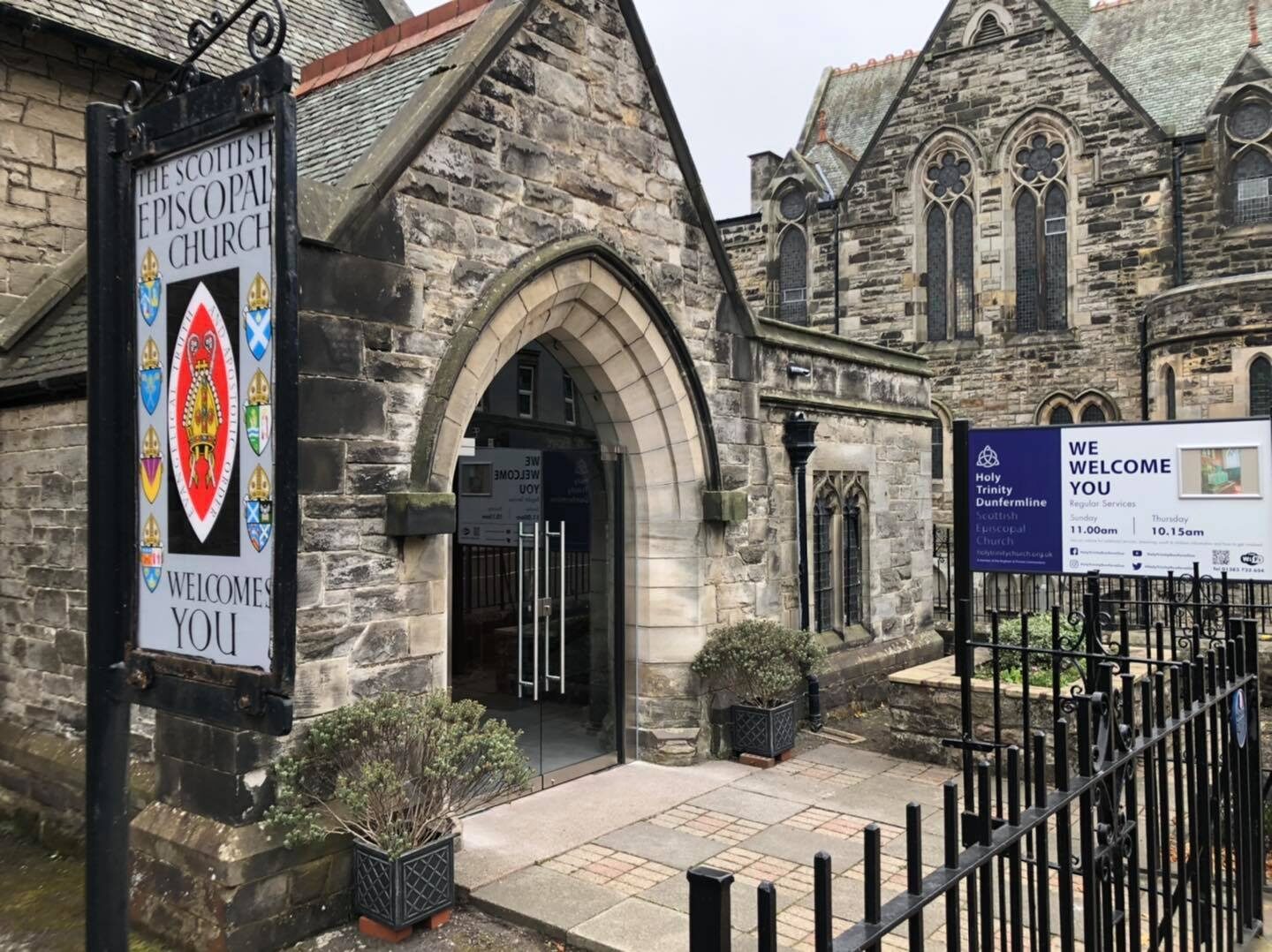
The Agony in the Garden, illustrated by James Tissot
Jesus takes three of his closest friends into the garden of Gethsemane, and encourages them to pray with him. But, after praying for an hour, he returns to find them sleeping.
As he wakens them, Jesus asks a simple question: why they couldn’t stay awake and pray? After all, Peter, James and John were in the garden with the individual who best knew how to pray, they loved their master, and had boldly proclaimed that they would not deny Jesus. However, while their intentions were good, they could not pray even for an hour, and we soon see Peter denying Jesus not just once, but three times.
Like the disciples, we often have good intentions that don’t stand the test of reality: our spirit may be strong, but our flesh is weak. We intend to do great things for Christ, but our plans and hopes quickly dissipate. “It takes discipline to do the right thing. It takes perseverance to pray that God’s perfect will be done in our life. It takes patience to wait not for your perfect timing, but to allow God’s perfect work to be completed in you.” [A reworking of a reflection on Matthew 26:40 at this link]
Tissot travelled to the Middle East to make studies of the landscape and people for his illustrations of the life of Christ at about the same time that John Stainer was composing The Crucifixion, an aid to meditation that our choir will be performing on Good Friday evening (more about it at this link).
The Crucifixion starts in Gethsemane, when a soloist sings: “Could ye not watch with me one brief hour? Could ye not pity my sorest need? Ah! If ye sleep while the tempests lower, Surely, My friends, I am lone indeed.” And the chorus respond: “Help us to pray, and watch, and mourn with Thee.”
Do respond yourself by joining us to pray and watch.

